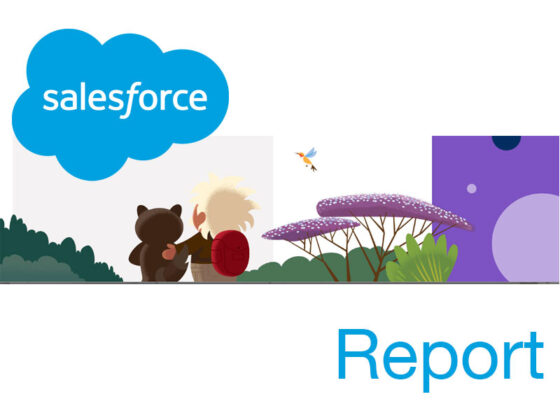Govtech to Trace, FUD, and the Stockholm Syndrome
Two realities and a dream
I first look at a government and citizens that had developed technology when COVID-19 started spreading.
Singapore`s Government digital services have developed a narrative focused on `Helping Citizens`
One idea at a time
One-Line code at a time
One pixel at a time
The Singapore government digitalization started in 2016 with an announcement to launch the Government Tech Agency
Here’s how Singapore plans to make its services as easy as Facebook Connect.
A long-term plan to digitize the functions of governance and public life.
Singapore has already two kinds of digital IDs
CorpPass, a digital identity to do business efficiently and safely online with the government.
MyInfo simplifies banking transactions by eliminating the need to re-produce documents for verification.
I picked the Singaporean example of GovTech led digitalization (there are other well publicized ones, like Estonia) because in these `never seen before` circumstances they were able swiftly to launch three new services
A community-driven contact tracing app to help during the COVID19 spread. Own your data and use Bluetooth P2P communications to share your close contacts. Give permission to the Ministry of Health to quickly reach out to your close contacts if you are a COVID-19 patient.
TraceTogether aims to protect families and communities, and stop the spread of COVID-19.
An app to use your zip code and get info on mask distribution points
An app to facilitate the following: If diagnosed with any respiratory illness (even just a cold) you get full subsidy for medical treatment
I then look at a country that has no technology to help its citizens as COVID-19 starts to spread. America has no digital ways to disperse the various stimulus packages for individuals or businesses.
Venmo, Zelle, and Square`s CashApp are offering their help in getting the government stimulus of one-time payments fast to the people. Lending Fintechs are offering their technologies to the US Small Business Association (SBA) who will handle the $350 billion guarantees for loans to small businesses (out of the $2 trillion).
Transparency of money flows (audibility) would have been a blessing in this situation. It would save the government and the citizens from all the moral hazards that were experienced during the GFC. One of the most eye-popping examples were banks that were eligible for favorable loans with subsidies which they subsequently used for share buybacks.
Digitalization of municipalities, states and governments is not only about operational savings but also about Transparency that can allocate capital and manage risks in a fair way.
Let`s hope that one of the positive outcomes from this crisis, will be large scale government digitalization initiatives so that we can deal with the next crisis in a better way. We live in an extremely complex world that is increasingly crisis-prone.
I now wish & hope that through the experience of this crisis, enough leaders will recognize the risks of centralized technology to help citizens. The biggest risk is citizens (we all) falling prey to the Stockholm Syndrome.
As hostages of the Coronavirus, we develop sympathy to all surveillance tools that allow us to eventually get rid of this captivity. Once the Coronavirus crisis is over, we stay captive to the surveillance tools because of FUD (Fear Uncertainty Doubt) and the Stockholm Syndrome. We actually `willingly` change our values and morals. We actually feel a kind of gratitude towards those that developed and offered us the surveillance tools, because they were lifesaving at the time.
We need to focus here and now on the development of decentralized surveillance technology for all. Technologies that allow ownership of data and use of it for various AI-enabled tasks again in a decentralized way.
Let`s shift our focus towards blockchain and AI use cases that serve citizens rather and can safely help us manage widespread risks, like the Coronavirus situation.
Inspired by the Decentralized AI Alliance a non-profit alliance with already 65 companies involved from the Blockchain and Artificial Intelligence space. Their first imitative is the COVIDathon launched on April 1st and bringing cross-industry people to who are in alignment with the decentralization of AI, to work towards a variety of solutions to the problems from COVID19.
Designing the future is imperative. Being aware of the risk of the Stockholm Syndrome is paramount.



